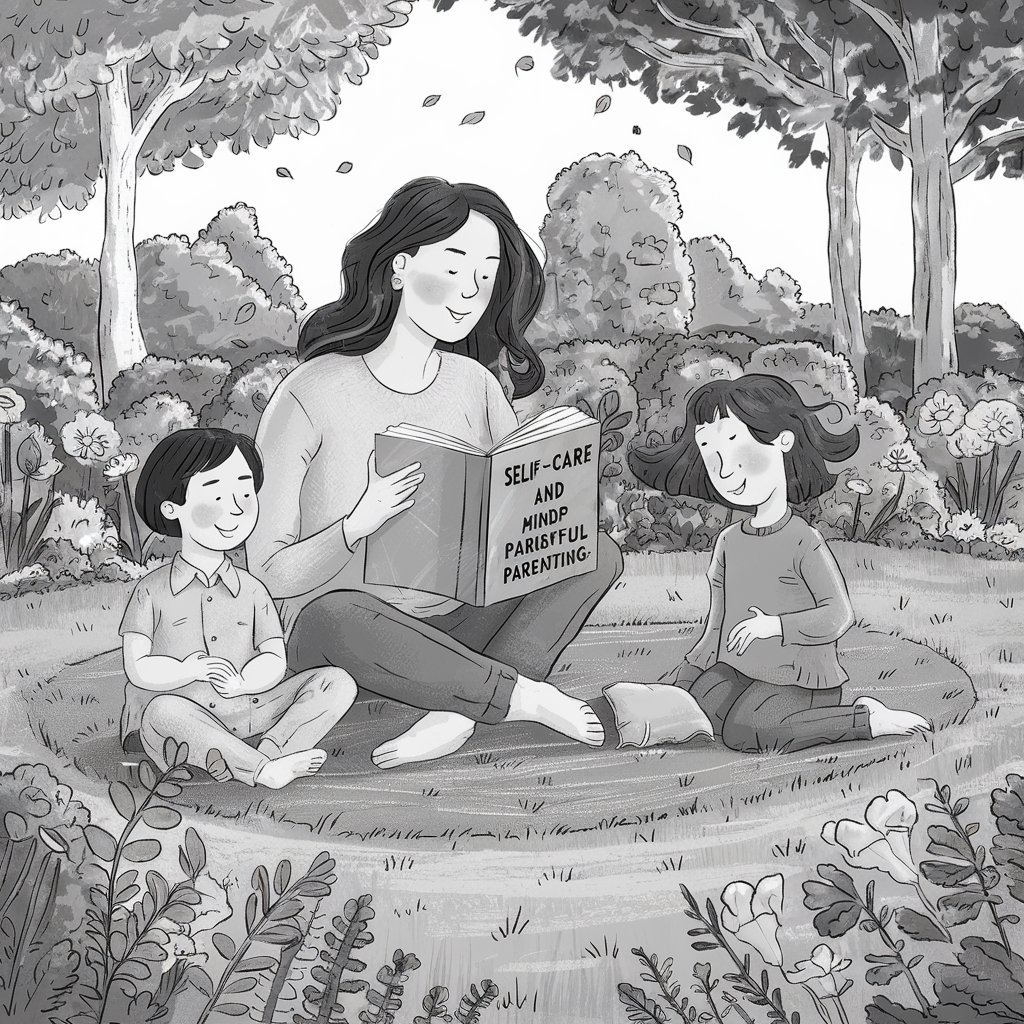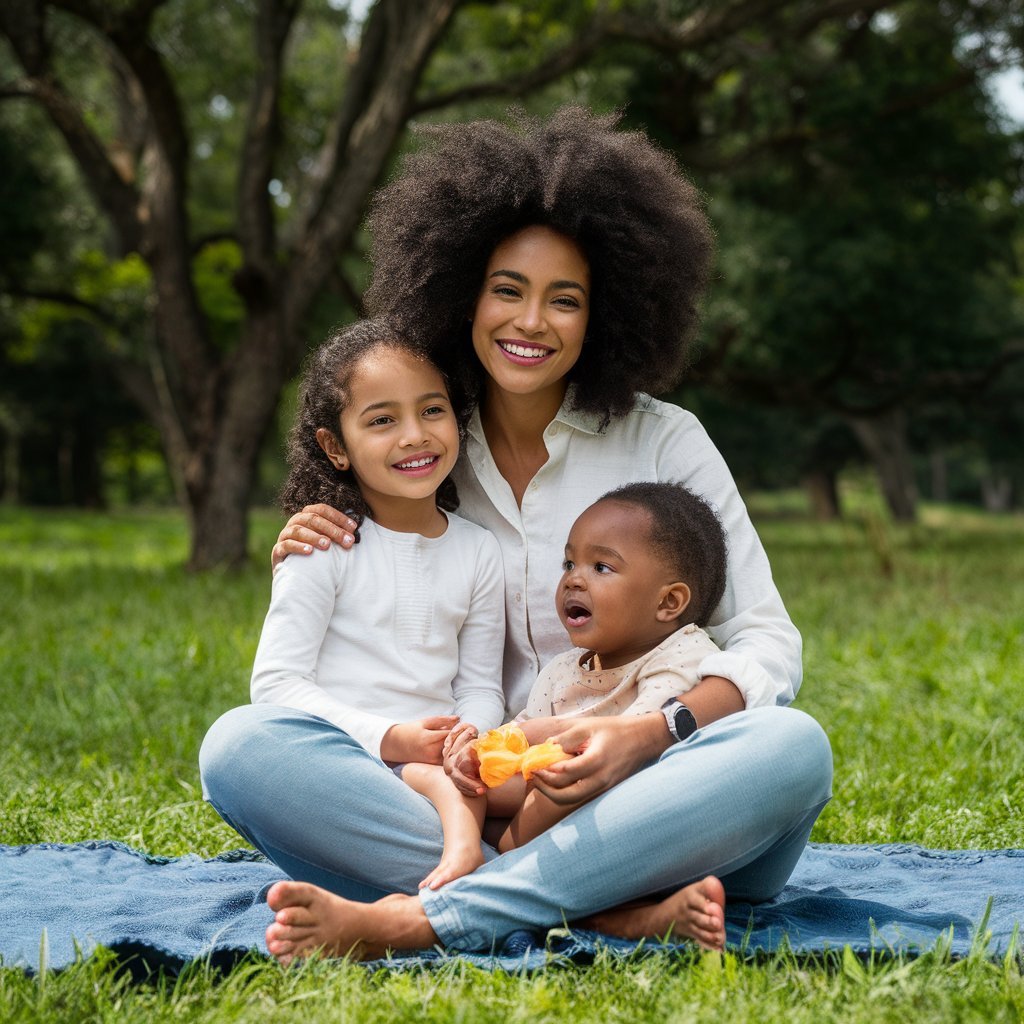Self-Care and Mindful Aging: Embracing Life’s Transitions
Hey there, my young and curious friends of 2024! It’s your favorite self-care explorer, Nita Sharda, here to take you on an exciting journey into the world of self-care and mindful aging. Now, I know what you might be thinking – “Mindful aging? Isn’t that just for old people?” But trust me, there’s so much more to it than that!
Today, we’re going to put on our explorer hats and discover what self-care and mindful aging are all about, and how they can help us embrace life’s transitions with grace, resilience, and joy. But before we dive in, let me make one thing clear – this is not about putting anyone on the spot or making them feel like they need to be perfect. It’s simply about empowering you with the knowledge and tools to take care of yourself and navigate life’s changes in ways that feel authentic and meaningful.
So, are you ready to join me on this self-care and mindful aging adventure? Let’s go!
What is Self-Care?
First things first, let’s talk about what self-care actually is. Self-care is the practice of taking care of ourselves – physically, mentally, emotionally, and spiritually. It’s about doing things that make us feel good, help us recharge, and support our overall wellbeing.
Self-care can look different for everyone, but some common examples include:
- Getting enough sleep and rest
- Eating nutritious foods that fuel our bodies
- Exercising and moving our bodies in ways that feel good
- Taking breaks and doing things we enjoy, like reading, playing, or creating art
- Practicing relaxation techniques like deep breathing or meditation
- Expressing our feelings and needs in healthy ways
- Setting boundaries and saying no when we need to
The key to self-care is listening to our bodies and minds, and doing what feels right for us in the moment. It’s not about being selfish or indulgent, but rather about taking responsibility for our own wellbeing so that we can show up as our best selves in all areas of our lives.
Why is Self-Care Important for Aging?
So, why is self-care so important, especially as we age? Here are a few key reasons:
It Helps Us Manage Stress and Prevent Chronic Illness
Let’s face it – life can be stressful sometimes, no matter how old we are. As we age, our bodies and minds may become more vulnerable to the effects of stress, which can lead to chronic illnesses like heart disease, diabetes, and depression.
Self-care practices can help us manage stress and prevent chronic illness by giving us tools to calm our minds and bodies, and helping us build resilience in the face of challenges. When we take care of ourselves regularly, we’re better equipped to handle the ups and downs of aging with grace and ease.
It Supports Our Physical and Cognitive Health
As we age, our bodies and brains go through natural changes that can affect our physical and cognitive health. We may experience things like decreased muscle mass, reduced bone density, and changes in memory and thinking skills.
Self-care practices can help us support our physical and cognitive health as we age by giving us tools to stay active, engaged, and mentally sharp. When we prioritize things like exercise, healthy eating, and mental stimulation, we’re giving our bodies and brains the fuel and support they need to function at their best.
It Helps Us Find Meaning and Purpose in Later Life
As we age, we may experience significant life transitions like retirement, the loss of loved ones, or changes in our physical abilities. These transitions can be challenging and may leave us feeling lost or disconnected from our sense of purpose.
Self-care practices can help us find meaning and purpose in later life by giving us tools to connect with our passions, values, and inner wisdom. When we take the time to reflect on what truly matters to us and pursue activities that bring us joy and fulfillment, we’re better equipped to navigate life’s transitions with a sense of purpose and direction.
What is Mindful Aging?
Now that we’ve talked about self-care, let’s explore the concept of mindful aging. Mindful aging is the practice of being fully present and aware in the moment, and approaching the aging process with curiosity, acceptance, and compassion.
Mindful aging involves several key skills, including:
- Paying attention to our thoughts, feelings, and physical sensations without judgment
- Accepting the natural changes and challenges that come with aging
- Cultivating a sense of gratitude and appreciation for the present moment
- Letting go of regrets, resentments, and fears about the future
- Connecting with others and building supportive relationships
- Finding meaning and purpose in later life
Mindful aging is important because it helps us embrace the aging process with a sense of grace, resilience, and joy. When we practice mindful aging regularly, we’re better equipped to navigate life’s transitions and find fulfillment and purpose in every stage of life.

Why is Mindful Aging Important?
So, why is mindful aging so important, especially as we get older? Here are a few key reasons:
It Helps Us Accept and Adapt to Change
One of the key benefits of mindful aging is that it helps us accept and adapt to the natural changes and challenges that come with aging. When we approach aging with curiosity and acceptance, rather than fear or resistance, we’re better equipped to navigate life’s transitions with grace and resilience.
This can be especially important as we face things like retirement, health challenges, or the loss of loved ones. By practicing mindful aging regularly, we’re building the inner strength and flexibility we need to adapt to change and find new sources of meaning and purpose in later life.
It Promotes Emotional Wellbeing and Resilience
Mindful aging is also important for promoting emotional wellbeing and resilience as we age. When we take the time to be fully present and aware in the moment, and approach our thoughts and feelings with compassion and understanding, we’re better equipped to manage stress, anxiety, and other emotional challenges that may arise.
This can be especially important as we face the ups and downs of later life, which may include things like health challenges, financial concerns, or changes in our social networks. By practicing mindful aging regularly, we’re building the emotional resilience and inner peace we need to navigate life’s challenges with grace and ease.
It Helps Us Find Meaning and Purpose in Later Life
Finally, mindful aging is important for helping us find meaning and purpose in later life. When we take the time to reflect on our values, passions, and inner wisdom, and pursue activities that bring us joy and fulfillment, we’re better equipped to navigate life’s transitions with a sense of direction and purpose.
This can be especially important as we face the challenges and opportunities of retirement, which may include things like exploring new hobbies, volunteering, or spending more time with loved ones. By practicing mindful aging regularly, we’re building the inner clarity and sense of purpose we need to make the most of our later years.
Embracing Life’s Transitions through Self-Care and Mindful Aging
So, how can we bring self-care and mindful aging together to embrace life’s transitions with grace, resilience, and joy? Here are a few key strategies:
Cultivate a Mindfulness Practice
The first step in embracing life’s transitions through self-care and mindful aging is to cultivate a regular mindfulness practice. This means taking time each day to be fully present and aware in the moment, and approach our thoughts and feelings with curiosity and compassion.
Some tips for cultivating a mindfulness practice include:
- Setting aside dedicated time each day for meditation, deep breathing, or other mindfulness practices
- Paying attention to our senses and the world around us, without judgment or distraction
- Noticing our thoughts and feelings as they arise, without getting caught up in them
- Practicing self-compassion and kindness towards ourselves, even when we make mistakes or face challenges
By cultivating a regular mindfulness practice, we’re building the inner awareness and resilience we need to navigate life’s transitions with grace and ease.
Prioritize Self-Care in Daily Life
The next step in embracing life’s transitions through self-care and mindful aging is to prioritize self-care in our daily lives. This means making time for activities that support our physical, mental, and emotional wellbeing, and making them a non-negotiable part of our routine.
Some tips for prioritizing self-care in daily life include:
- Setting aside dedicated time each day for exercise, healthy eating, and other self-care practices
- Building in regular breaks and opportunities for rest and relaxation throughout the day
- Saying no to activities or commitments that don’t align with our values or support our wellbeing
- Asking for help and support from loved ones or professionals when we need it
By prioritizing self-care in our daily lives, we’re building the inner strength and resilience we need to navigate life’s transitions with grace and ease.
Cultivate Gratitude and Appreciation
Another key strategy for embracing life’s transitions through self-care.













Leave a Reply